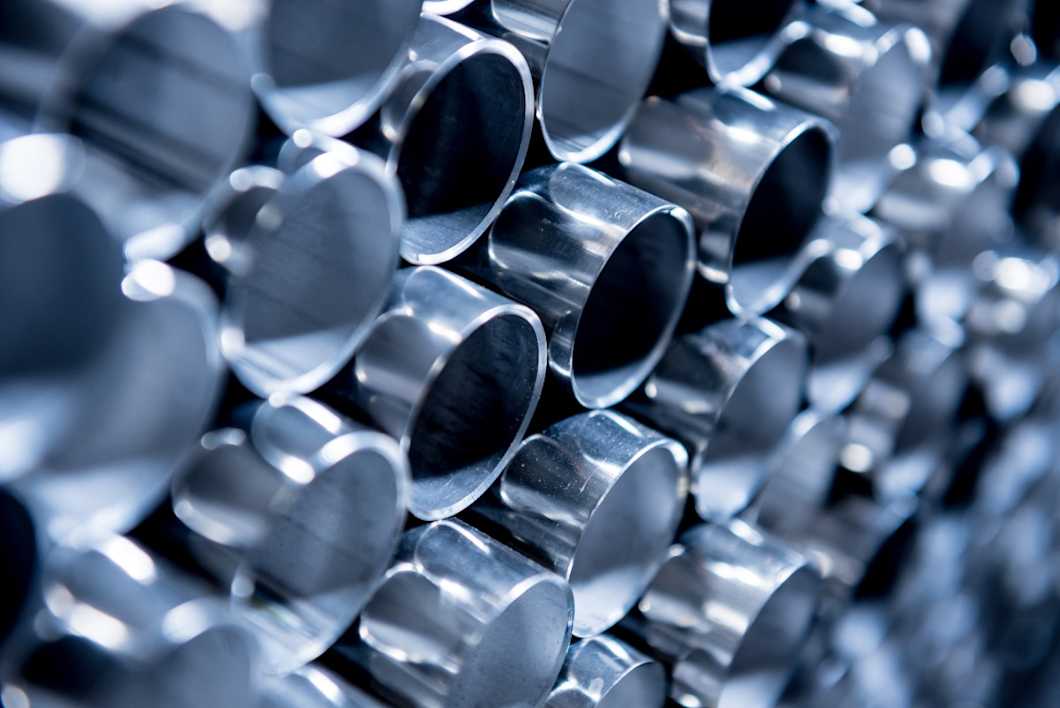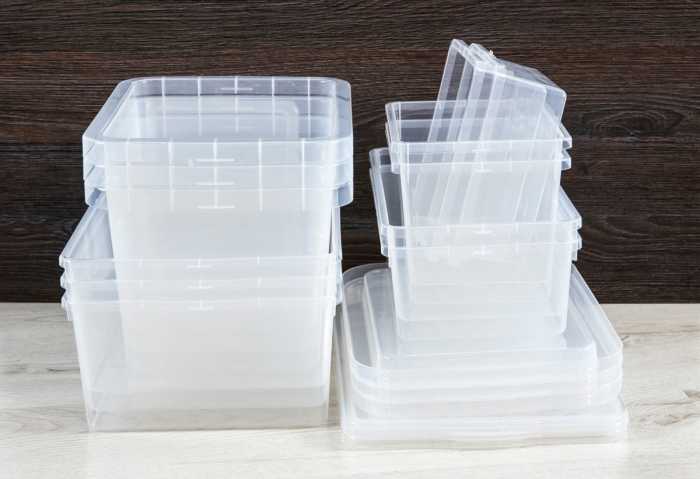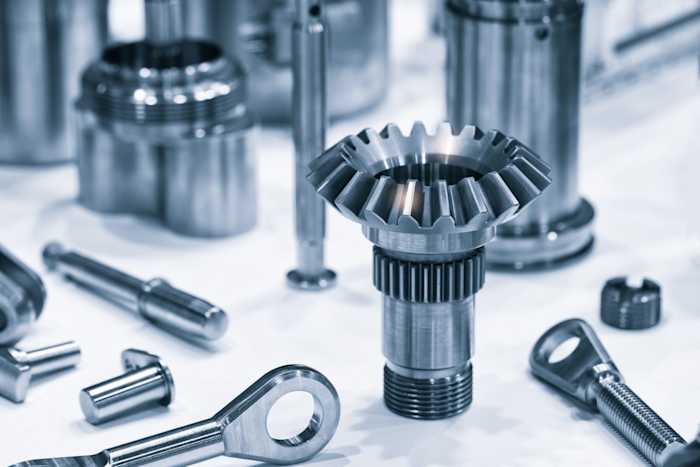Mechanical testing services


Mechanical testing of polymers, plastics, and composites
The mechanical properties of polymer-based materials largely dictate the applications in which the material can be used. If, for example, a durable packaging material is needed, the impact, compression, and tensile properties need to fulfill stringent quality standards.
Thermal analysis is required if plastics are used in warm or cold surroundings. At Measurlabs, we offer several techniques for evaluating the thermal properties of polymeric materials, including dynamic mechanical analysis, dilatometry, and thermomechanical analysis.
Examples of standardized mechanical tests for plastics include tensile testing by ISO 527-2, heat deflection temperature measurement by ISO 75, and determination of flexural properties by ISO 178. In addition to traditional fossil-based plastics, all tests are suitable for biobased alternatives.
Compression strength of plastics
Tensile properties of rigid plastics by ISO 527-2
Heat Deflection Temperature (HDT) of plastics
Puncture resistance of rigid plastics by ISO 6603-2
Impact strength of plastics - Charpy and Izod methods
Vicat softening point of plastics
Thermal characterization with DSC
Flexural properties of plastics - 3-point bend test by ISO 178
Prices excluding VAT.

Mechanical testing of metals
Metallic materials and components must often withstand different environmental stresses over years or decades, making mechanical testing crucial to ensuring that they are suitable for the intended use. Our standardized testing services for assessing the durability and performance of metals include the following:
Tensile tests at room temperature by ISO 6892-1 and ASTM E8
Tensile tests at elevated temperatures by ISO 6892-2 and ASTM E21
Charpy impact testing by ISO 148
Creep and stress rupture testing by ISO 204 and ASTM E139
Hardness tests with the Brinell (ISO 6506-1), Vickers (ISO 6507-1), and Rockwell (ISO 6508-1) methods
Testing of textiles’ mechanical properties
Mechanical testing of textiles is aimed at ensuring fabric quality and durability during use. Typical tests assess properties like tear resistance, abrasion resistance, and seam strength. In addition to EN and ISO standards, AATCC standards are common in textile testing. Both finished fabrics and their components (fibers and yarns) can be tested.
The general EU testing requirements for textiles are relatively lenient, but obtaining an environmental label, such as the EU Ecolabel, is only possible if the textile retains its properties through dozens of wash cycles. Measurlabs offers the mechanical testing needed to demonstrate fabric durability by stringent quality requirements.
Testing standards and equipment
Mechanical tests are generally performed according to internationally recognized, material-specific standards, which provide an objective framework for assessing the quality of a product. Some of the standardization organizations on whose methods we base our testing catalog include ISO, DIN, ASTM, EN, and TAPPI.
The most common piece of equipment used in mechanical testing is the universal tester, which can apply various types of pressure on the test specimen, enabling the determination of tensile strength, compression strength, and other fundamental properties. Standard-specific equipment is also commonly used.
Measurlabs offers both standardized and custom mechanical tests for product development and quality assurance. If you wish to discuss the testing options most appropriate for your product or material, do not hesitate to contact our experts.
All-in-one partner for all your testing needs
When you order mechanical testing services from Measurlabs, we will assign a dedicated account manager to oversee your projects and answer any questions you may have. You will also benefit from a results accuracy guarantee, clear reporting, and reliable turnaround times.
You can maximize the benefits of working with us by letting us handle all your outsourced mechanical testing projects. With our broad range of testing services and significant discounts for large sample batches, you will save both time and money, freeing up resources for more important projects.
Get a quote
Fill in the form, and we'll reply in one business day.
Have questions or need help? Email us at info@measurlabs.com or call our sales team.
